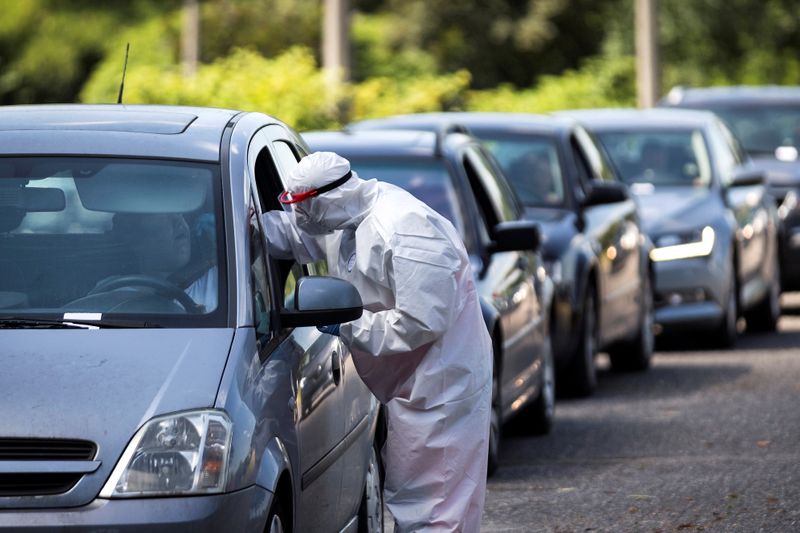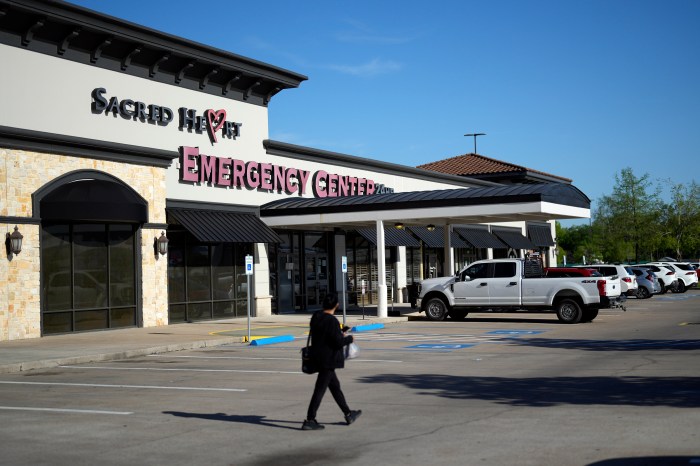WARSAW (Reuters) – Poland on Monday insisted it would reopen schools next week for the first time since mid-March despite reaching a record high number of daily registered coronavirus infections late last week.
Poland was at first successful in containing the outbreak, but cases have started rising in recent weeks and on Friday authorities reported 903 new infections, the highest daily increase to date.
The rise in infections has caused concern among some parents contemplating sending their children back to class.
“Every child, teenager, goes out on the street or to the store and can get infected there. I don’t see the need to postpone the beginning of the (school) year,” Education Minister Dariusz Piontkowski told a news conference, reiterating the government’s position.
Children will not be required to wear face masks in classrooms, but individual principals may decide to impose this obligation in school halls and locker rooms. No temperature checks are to be introduced.
The ruling nationalist Law and Justice party (PiS) imposed strict restrictions in March to curb the spread of the virus and started easing them in May, which critics said was to encourage Poles to vote in the presidential election.
In July, Prime Minister Mateusz Morawiecki downplayed infection risks, saying Poles, including elderly citizens, should not be afraid to vote because the novel coronavirus had become a disease “like any other”.
The country of 38 million has reported 62,310 cases in all, and 1,960 deaths.
Schools across the world are trying out a wide range of strategies to reopen, from entirely online classes to entirely in-person.
They are asking whether reopening schools with stringent mitigation measures is worth the risk, given that keeping schools closed will likely harm academic progress, social and emotional development, mental health and food security.
(Reporting by Marcin Goclowski, Pawel Florkiewicz, and Anna Wlodarczak-Semczuk, Editing by William Maclean)



















